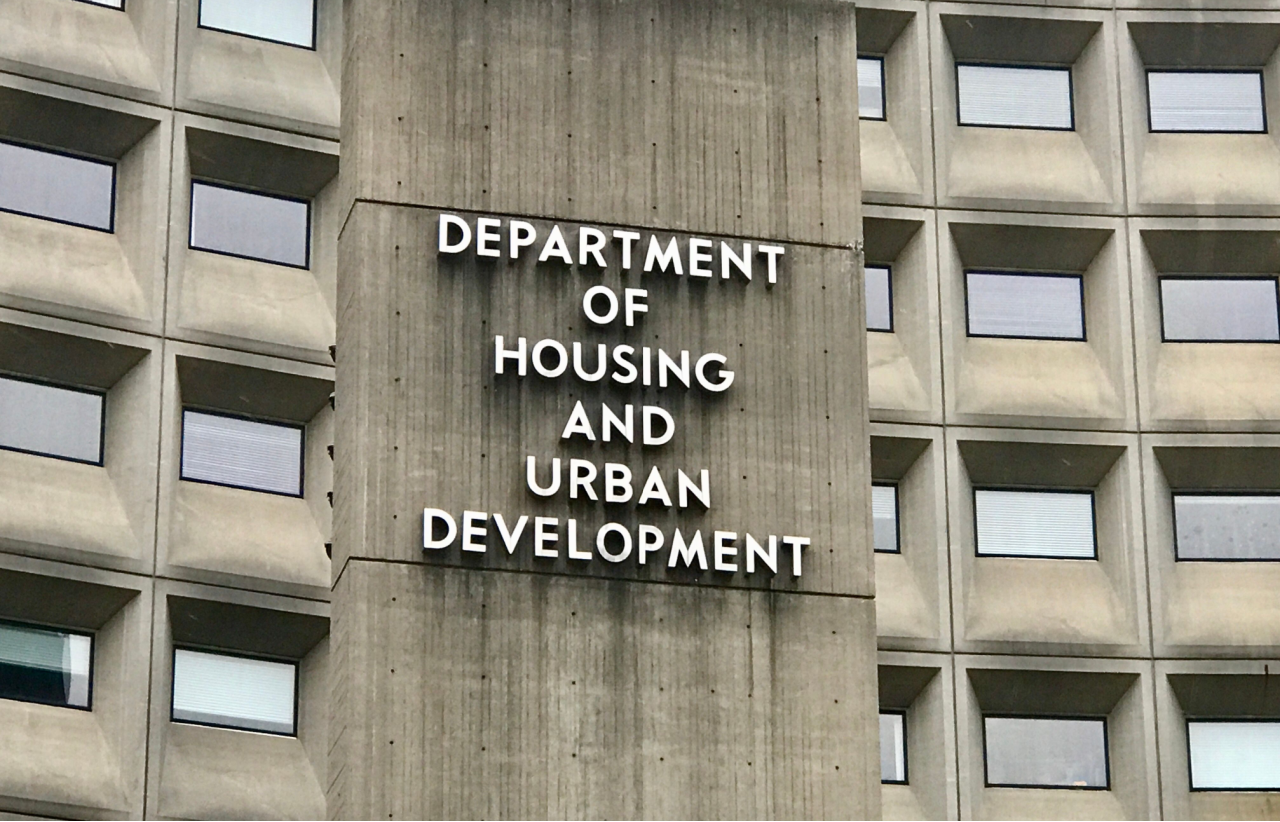Investor optimism continues to rise

The Forecast Remains Mostly Sunny for Real Estate Investors
Real estate investors continue to forecast mostly sunny skies for their businesses, according to quarterly survey data released Wednesday by RCN Capital and the CJ Patrick Co. The companies’ Fall 2024 Investor Sentiment Index showed that 68% of investors view the current housing market as “better” or “much better” than it was a year ago.
This compared favorably to the Summer 2024 iteration of the survey, where 60% of respondents expressed a positive outlook. Conversely, the share of investors who view market conditions as “worse” or “much worse” shrank from 20% to 13% during this span.
Looking ahead, 71% of investors expect the market to improve in the next six months, while only 9% think that conditions will worsen. That is the largest gap between positive and negative sentiment in any of the six surveys conducted by Connecticut-based mortgage lender RCN and business advisory firm CJ Patrick.
“Investor sentiment is almost twice as positive today as it was in the third quarter of 2023, and they’re even more optimistic about the future,” RCN Capital CEO Jeffrey Tesch said in a statement. “It seems likely that investors are reacting to improving market dynamics — financing costs declining, the inventory or homes for sale increasing dramatically, and home price appreciation slowing down, but still rising.”
Two main challenges were cited by investors in the survey — and they mirror the hurdles faced by consumers who seek to buy homes.
The first is the cost of financing, which has been the No. 1 concern since the inception of the survey. Mortgage rates have declined significantly in the past few months but remain higher than many buyers would like. According to HousingWire‘s Mortgage Rates Center, the average 30-year conforming rate on Wednesday was 6.26%. Investors who utilize a variety of asset-backed and nonqualified mortgages often pay a premium.
Need a Lease Agreement?
Access 150+ state-specific legal landlord forms, including a lease.
Slightly more than half of survey respondents think that financing will still be a major challenge in six months, down 10 percentage points from the prior quarter.
Insurance is also a cause for concern. Nearly 80% of respondents said that insurance expenses or the lack of available insurance options factored into their investment decisions. Almost 75% of short-term fix-and-flip investors said that insurance issues have caused them to miss out on a deal, compared to only 45% of long-term rental owners.
In states where extreme weather events have resulted in soaring insurance premiums, the survey results were even more stark. Insurance was a decision-making factor for 97% of investors in California and for 93% of investors in Florida.
Other common difficulties cited by investors include lack of inventory (40% of respondents) and rising prices (37%).
The survey also included a political component. By a margin of 51% to 41%, participants believed that Kamala Harris will defeat Donald Trump in November to win the presidency. At a national level, Harris was also cited as the better option for creating a strong environment for real estate investors. But Trump was deemed the better choice by long-term landlords in both his home state of Florida and Harris’ home state of California.
“Survey respondents told us that a Harris Administration could create a more robust environment for investing, despite some proposals — like raising the capital gains tax — and policies being pursued by the Biden Harris Administration, such as rent control and limiting tax benefits for owners of 50 or more rental properties, that seem to be inherently anti-investor,” said Rick Sharga, CEO of CJ Patrick Co.
Source: HousingWire















 Accessibility
Accessibility